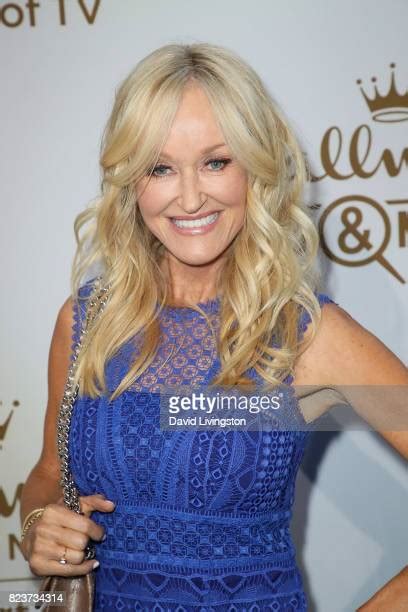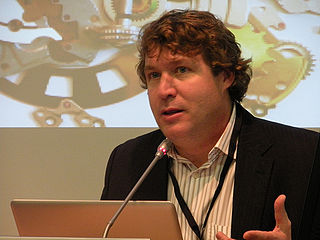A Quote by Mike Huckabee
Leadership is about making decisions with the information you have, not the information people will have 12 years later, i kind of feel sorry for my friend Jeb Bush.
Related Quotes
I don't think we should have less information in the world. The information age has yielded great advances in medicine, agriculture, transportation and many other fields. But the problem is twofold. One, we are assaulted with more information than any one of us can handle. Two, beyond the overload, too much information often leads to bad decisions.
If you're making a bunch of little decisions - like, do I read this email now or later? Do I file it? Do I forward it? Do I have to get more information? Do I put it in the spam folder? - that's a handful of decisions right there, and you haven't done anything meaningful. It puts us into a brain state of decision fatigue.
In politics, people throw around the word 'friend' so much it often has little real meaning. This is not one of those times, when I call Jeb Bush my friend, I mean he is someone I like, care for and respect. He and I have worked closely together for many years, on issues big and small. He is a passionate advocate for what he believes, and I welcome him to the race.
Based on research into the Picture Superiority Effect, when we read text alone, we are likely to remember only 10 percent of the information 3 days later. If that information is presented to us as text combined with a relevant image, we are likely to remember 65 percent of the information 3 days later.
What has happened is that genetics has become a branch of information technology. It is pure information. It's digital information. It's precisely the kind of information that can be translated digit for digit, byte for byte, into any other kind of information and then translated back again. This is a major revolution. I suppose it's probably "the" major revolution in the whole history of our understanding of ourselves. It's something would have boggled the mind of Darwin, and Darwin would have loved it, I'm absolutely sure.






























